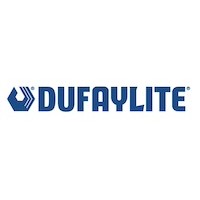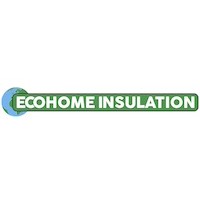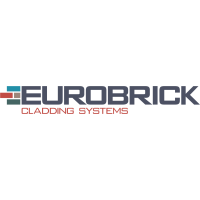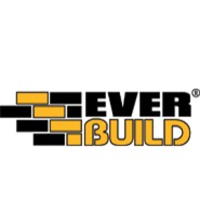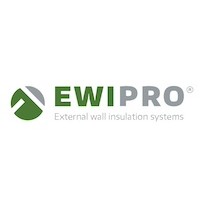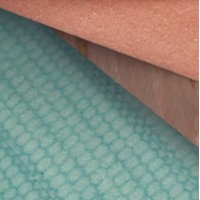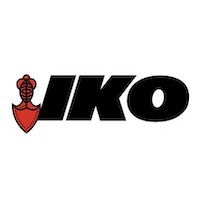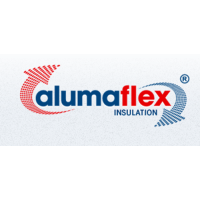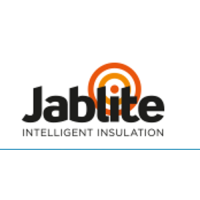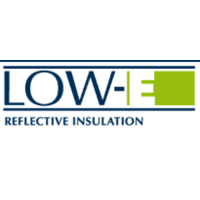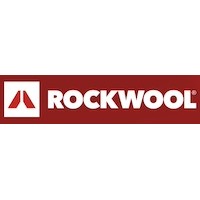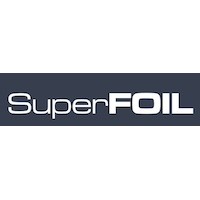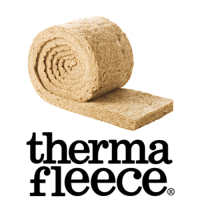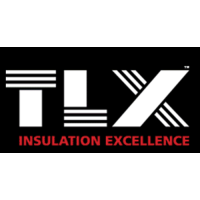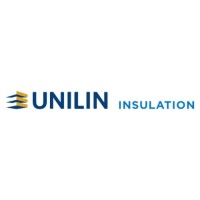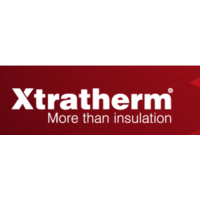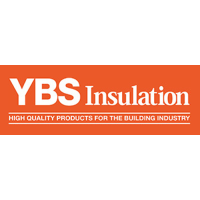What Makes a Good Insulation Material
by Mark Row
How to Choose Reliable Insulation Material
If you are feeling like being pressured into adding insulation to your home, do not be surprised, since there is an increasing awareness on importance of proper insulation, coming not only from each and every one of us, but also the community since adequate insulation can have many positive effects not only for single households but also the entire planet. While it can help you save some money on your utility bills, help you create a more comfortable environment to stay in, add some stability and soundness to the entire building construction, it can also decrease the overall energy consumption and protect the environment accordingly. This is exactly the reason why the market has been flood with many different types of insulation materials, such as rigid insulation boards, rock and glass wool, blown-in and loose-fill insulation types to some more natural solutions like cellulose, denim, cork and sheep wool insulation, so the question imposes itself – which one to go for? Well, in order of making the right choice, we believe that it is important to know what makes a good insulation material.
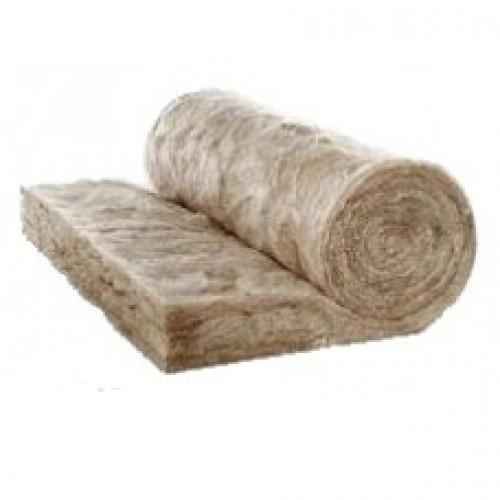
Though everything coming next may sound a bit complicated, you will notice that each material that can be found on the market is usually manufactured to meet the requirements of a specific application which can make your choice much easier. However, we believe that you should equip yourself with some basic facts on insulation which are common to all insulation types out there since you will notice some common characteristics that are usually emphasized and it would be wise to know what they stand for. Finally, if having a dilemma, our advice is to always seek for some additional professional council.
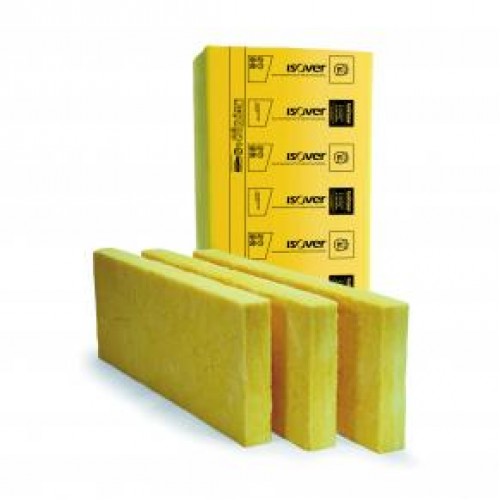
To our humble opinion, the following should be considered when purchasing an insulation product:
- Price. When talking about this characteristic of an insulation material in question, probably the most important thing is to find the right balance between the price and the effectiveness of the material. Note that some materials may be cheaper than the others but this is usually compensated with their performance and quality, meaning that you can easily end up with a cheaper material which will however have to be replaced in the matter of months and still will not be able to meet all the requirements set by the applicable regulations. Also, when considering the price, it is important to calculate all the expenses of purchasing and installing insulation. Namely, some materials may be cheaper initially but may include some additional expenses connected to the installation process and eventually turn out to be more expensive than some materials that have higher initial price. Thus, our advice is to take into account the overall price of insulation and look for a solution that will be durable and help you compensate the initial costs in years to come.
- Quality and performance. It is vital for the chosen insulation material to be of high quality (which can be ensured by choosing products from renowned manufacturers) and to have a durable and reliable performance. Always try to estimate the overall performance and effectiveness of the material throughout its life cycle, since what makes a good insulation material is the fact that it can withstand all the changes that the building is subject to in the years to come. This will always depend on the climate region your household is located in, the level of humidity present, the area being insulated etc. However, regardless of all the mentioned factors, your insulation product should be able to last for a long time without being drastically influenced by the changing exterior effects.
- Installation process. The chosen insulation material should be relatively easy to install, meaning that it will not leave a mess and endanger your health while being installed. Namely, this is the main reason that asbestos insulation has been band for a long time now. Simply try to assess the situation – if the installation process involves serious reconstruction work, weeks of hard work and weeks of trying to clean up the mess that the installation left behind, a lot of additional costs plus the use of all the protective equipment, it might not be worth considering.
- Special features. Depending on the area your home is located in, it might be important to choose a material that is rot, mould, rodent, fire or moisture proof. This could easily make the difference between having a highly effective insulation that will serve its purpose and a product that was overpaid, has substantial U and R value, but still not able to meet the requirements dictated by the specific characteristics of your home.
- Environmental impact. Last but not least is the carbon footprint of the chosen insulation material. It may not seem as important at first, but why not try to do something good for the planet if given an opportunity. This is why our advise is to choose materials that have low GWP values showing just how harmful they are for the environment. Note that you can still maintain the same level of effectiveness but not at the price of endangering the planet.
Pick the best insulation products from our wide seletion of insulation materials for your home improvement project, or seek advice from our experts. You are welcome to leave a comment or share the article.

























